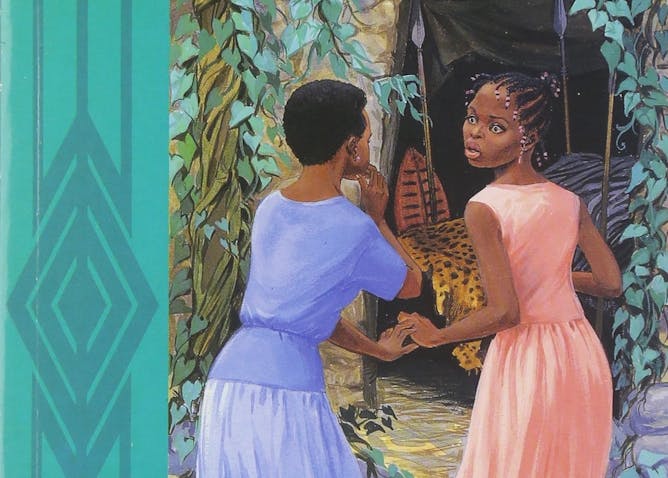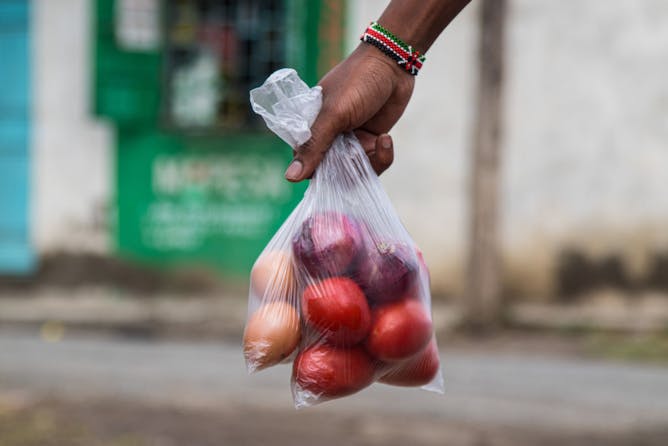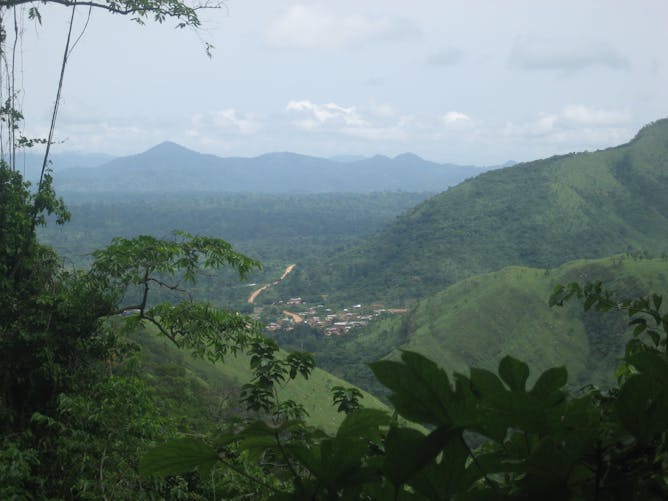|
I was one of countless kids around the world who grew up in the 1970s reading stories about Noddy and the Famous Five, the Hardy Boys and Nancy Drew. Theirs was an all-white world of privilege, access, adventure and western cultural norms. What a difference it would have made to read stories about the African country I was born and raised in, to see its realities reflected in my imagination. That’s what an unsung group of women writers in East Africa strove to achieve soon after independence in the 1960s. They laboured to create local characters and African settings that would allow decolonial and postcolonial thinking to be established at an early age and in a popular form: the children’s
book. Historian Anne Kimani tells the astonishing tale of how these women tackled the ‘culture bomb’ of western thinking in African schools.
Kenya banned the use of plastic shopping bags in 2017. They had been very popular – more than 100 million of them were used and discarded each year. Many weren’t recycled and they ended up all over the place, from open waste dumps to national parks and drainage systems. Six years after the ban, however, they’ve not been completely eradicated. Jane Mutheu explains why.
|

Anna Adima, The University of Edinburgh
At independence, adults were reading decolonial classics - but children were reading Enid Blyton. A generation of unsung women writers changed that.
|

Jane Mutheu Mutune, University of Nairobi
No scientific monitoring was put in place to track the environmental benefits of banning plastic carrier bags.
|

Joel Msafiri Francis, University of the Witwatersrand
University students are particularly at high risk of depression. One global study suggests 21% of students have major depressive disorder.
|

Dennis Penu, International Institute of Social Studies
Ghana’s regions have no autonomy, yet creating new ones is contentious as it threatens the interests of chiefs and political parties.
|

David E Kiwuwa, University of Nottingham
Il est presque certain que Paul Kagame sera encore là pendant un certain temps, mais le Rwanda, tourné vers l'avenir, pourrait avoir besoin d'un changement de garde, voire l'exiger.
|
From our international editions
|
-
Daniel Merino, The Conversation; Nehal El-Hadi, The Conversation
Cloud seeding – spraying materials into clouds to increase precipitation – has been around for nearly 80 years. But only recently have scientists been able to measure how effective it really is.
-
Christina Warinner, Harvard University; Alexander Hübner, Max Planck Institute for Evolutionary Anthropology; Pierre Stallforth, Friedrich-Schiller-Universität Jena
Ancient microbes likely produced natural products their descendants today do not. Tapping into this lost chemical diversity could offer a potential source of new drugs.
-
Dave Petley, University of Hull
When we talk about landslides we need to talk about social justice.
-
Jane Draycott, University of Glasgow
The modern soundtrack and dialogue feels far more anachronistic and intrusive than the diverse casting.
|
|